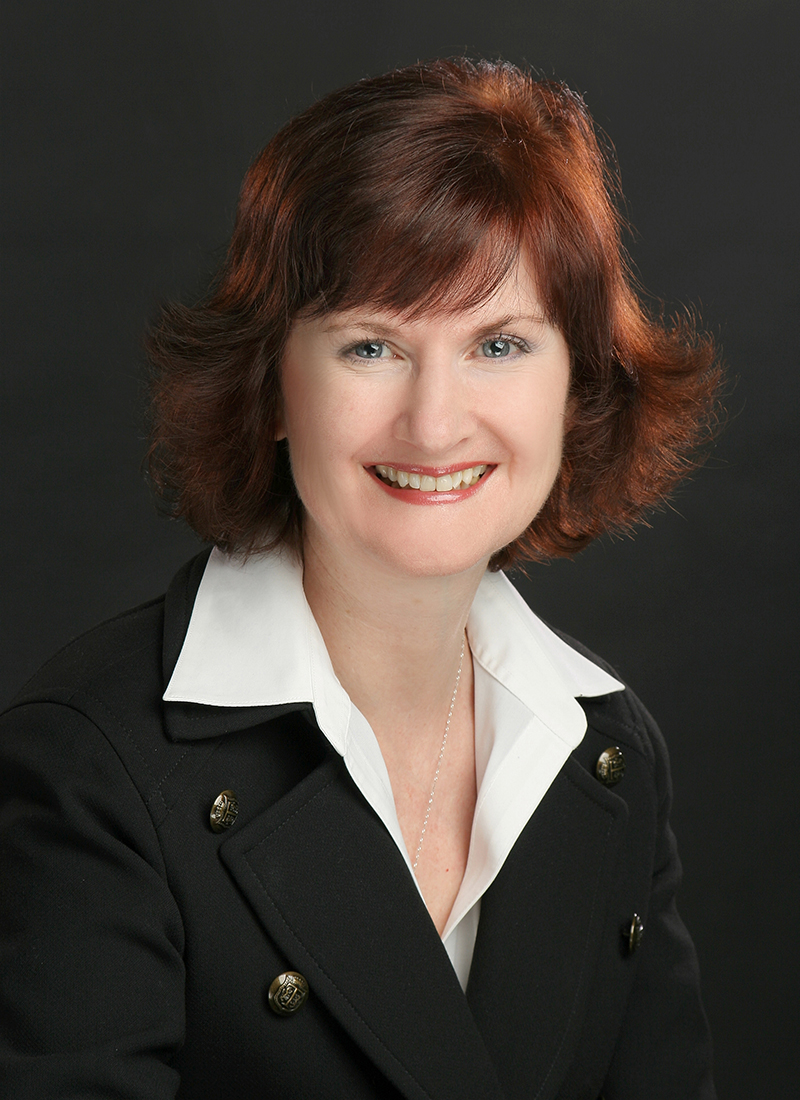Can You Guess This Personal Priority for Successful Executive Leaders?
White Paper | Written by Dr. Kim Villeneuve
At a recent International Leadership Conference, a panel of CEOs was asked about personal priorities that led to their executive success. Among the fairly predictable responses were focus on family, spiritual well-being, healthy eating, and exercising regularly. The not-so-predictable response that animated the entire panel, though, was—drum roll please—getting enough sleep.
We have all been sleep-deprived at one time or another, and we can all agree that you simply cannot function in that state. It’s no surprise then that when it comes to leadership performance (think memory function and decision making), even the best of leaders cannot buck scientific facts. Sleep is a critical foundation for good decision making.
How much sleep is enough sleep? The Centers for Disease Control and Prevention consistently cites seven or more hours as the gold standard for a routine night’s sleep. According to research sponsored by John Hopkins, “A healthy amount of sleep is vital for ‘brain plasticity,’ or the brain’s ability to adapt to input. If we sleep too little, we become unable to process what we’ve learned during the day and we have more trouble remembering it in the future.”
A whopping one-third of adults in the United States are getting less than seven hours of sleep per night. Based on a sleep study conducted in 2014 by the Centers for Disease Control and Prevention, there are implications beyond corporate performance, because a routine lack of sleep is also linked to chronic diseases, including heart disease, arthritis, and depression. Neomi Shah, associate professor of pulmonary, critical care, and sleep medicine at Mount Sinai’s Icahn School of Medicine, stated, “There is also emerging evidence that suggests that long sleep duration may also be associated with Alzheimer’s disease and vascular dementia.” For example, in a study of elderly subjects, “Shorter and longer daily sleep durations were significantly associated with greater risks of developing dementia.” In that study, dementia was significantly higher in subjects with daily sleep durations of less than 5 hours, or more than 10 hours. In other words, if you are an executive cheating on sleep, you should be aware of the cognitive and physiological risks.
Now for some fun facts—or, depending on where you live, some startling tidbits about sleep and geography. Based on research, people living on the East Coast are more sleep deprived than those on the West Coast. The greatest concentration of folks sleeping seven or more hours routinely are those 18 years and older located in Oregon, Minnesota, Iowa, and Nebraska. And if you are between the ages of 25 and 54 years old, you are a member of the most sleep deprived community. Interestingly, sleep deprivation shows no gender bias. Short sleep prevalence does not differ between men and women.
By the way, you’ve heard the adage “eat to live,” but what about “eat to sleep”? As it is, there is tremendous value in consuming foods that produce melatonin and tryptophan, the latter of which is an essential amino acid that produces serotonin, which aids in healthy sleeping. You can aid your sleep by consuming seeds and nuts, soya foods, turkey, chicken, beef, fish, oats, beans, and eggs, which all contain high amounts of tryptophan.
Thomas Edison sagely quipped that “the chief function of the body is to carry the brain.” Surely a personal priority for every leader should include the seven-plus hours it takes to restore, refresh, and reboot so that when the body delivers, the brain can engage. It’s not a luxury; it’s a necessity for leaders. Sleep well!
Dr. Kim Villeneuve is the founder and CEO of Centerstone Executive Search & Consulting, a nationally retained firm specializing Executive Search, Board Services, Executive Assessment, and Executive Coaching. Kim is also a coach for elite executives, an adjunct professor at American University’s Kogod School of Business, and guest lecturer at The George Washington University, from which she holds a doctorate in Human and Organizational Learning. Contact Kim at [email protected] or at 703-789-9080.
References:
Cimons, M. (2019, February 9). Do you sleep long hours? Many experts say it’s benign, but others aren’t sure. Washington Post. Retrieved from https://www.washingtonpost.com/national/health-science/do-you-sleep-long-hours-many-experts-say-its-benign-but-others-arent-sure/2019/02/08/9569348e-23f3-11e9-81fd-b7b05d5bed90_story.html?utm_term=.1d62c7c25763.
Johns Hopkins Medicine. (n.d.). The science of sleep: Understanding what happens when you sleep. Retrieved from
https://www.hopkinsmedicine.org/health/wellness-and-prevention/the-science-of-sleep-understanding-what-happens-when-you-sleep
Michiaki Nagai, Keigo Dote, Masaya Kato and Kazuomi Kario, Long Sleep Duration: An Epiphenomenon or a Risk for Dementia?, Journal of the American Geriatrics Society, 66, 11, (2224-2225), (2018).



